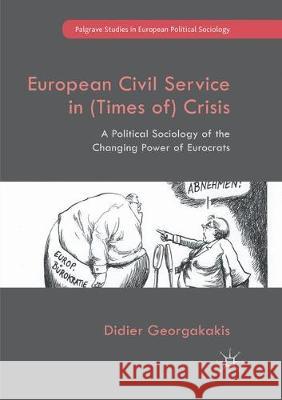European Civil Service in (Times Of) Crisis: A Political Sociology of the Changing Power of Eurocrats » książka
topmenu
European Civil Service in (Times Of) Crisis: A Political Sociology of the Changing Power of Eurocrats
ISBN-13: 9783319847429 / Angielski / Miękka / 2018 / 329 str.
European Civil Service in (Times Of) Crisis: A Political Sociology of the Changing Power of Eurocrats
ISBN-13: 9783319847429 / Angielski / Miękka / 2018 / 329 str.
cena 363,12
(netto: 345,83 VAT: 5%)
Najniższa cena z 30 dni: 346,96
(netto: 345,83 VAT: 5%)
Najniższa cena z 30 dni: 346,96
Termin realizacji zamówienia:
ok. 22 dni roboczych
Bez gwarancji dostawy przed świętami
ok. 22 dni roboczych
Bez gwarancji dostawy przed świętami
Darmowa dostawa!
Kategorie:
Kategorie BISAC:
Wydawca:
Palgrave MacMillan
Seria wydawnicza:
Język:
Angielski
ISBN-13:
9783319847429
Rok wydania:
2018
Wydanie:
Softcover Repri
Ilość stron:
329
Oprawa:
Miękka
Wolumenów:
01











